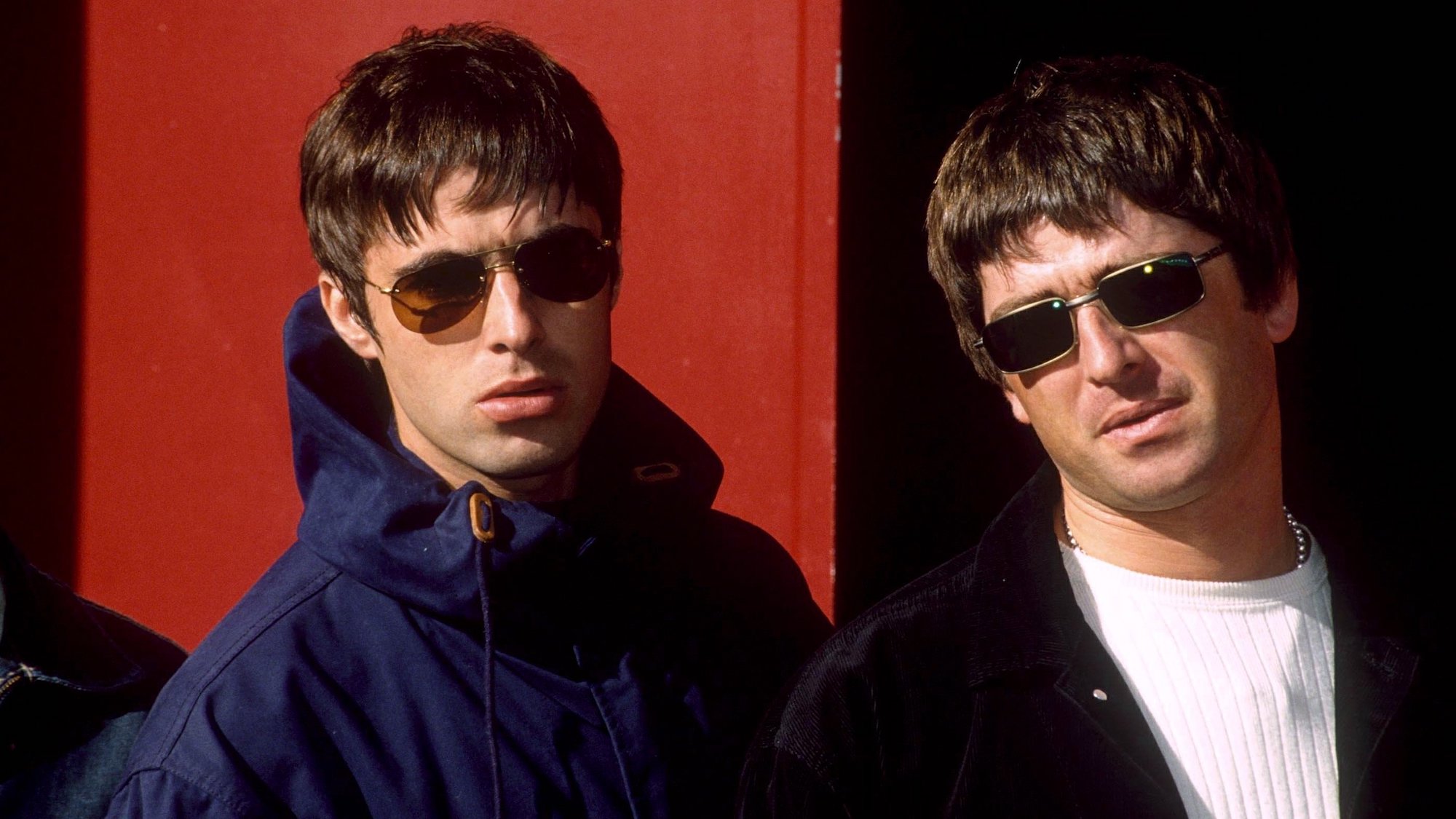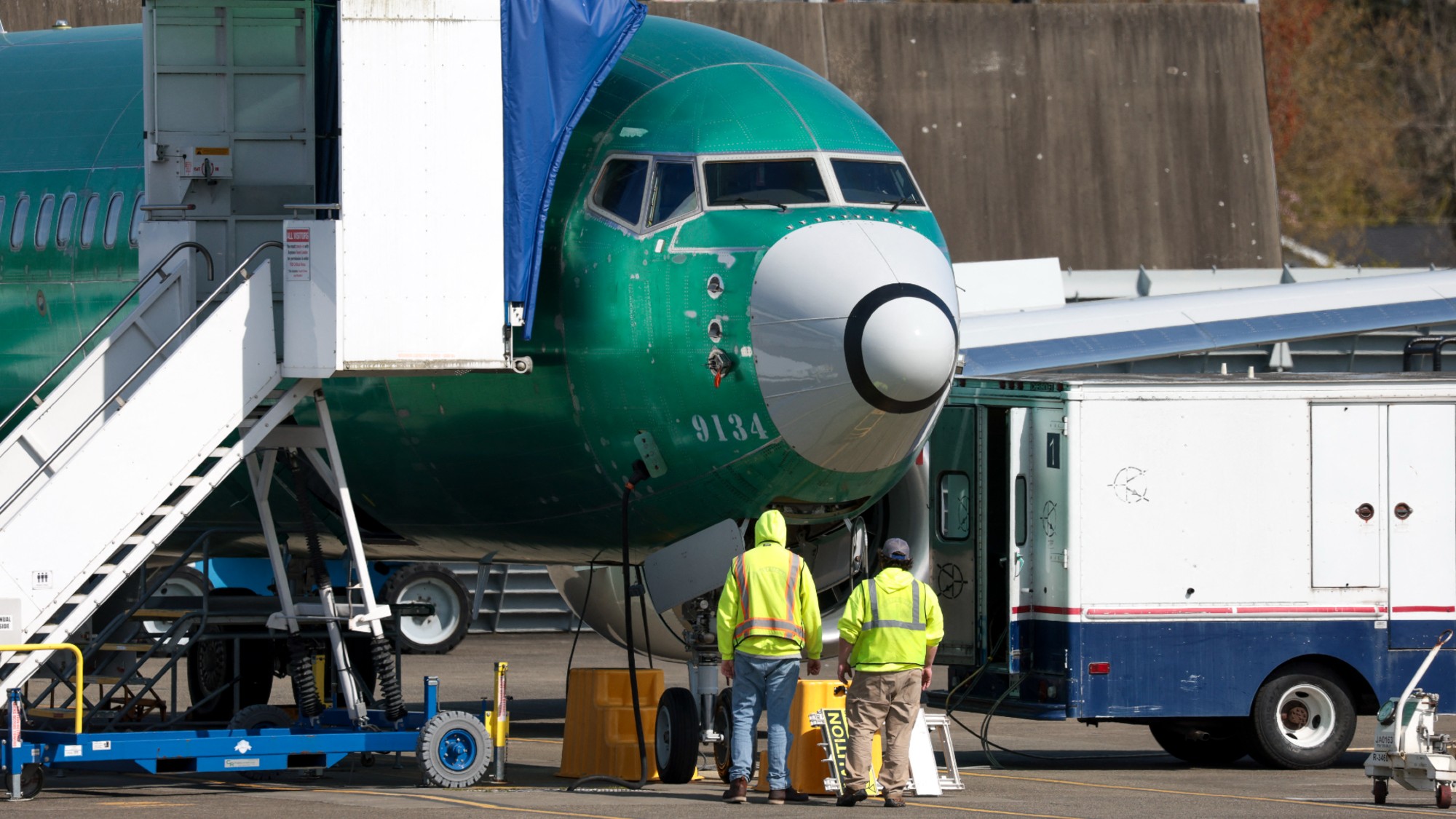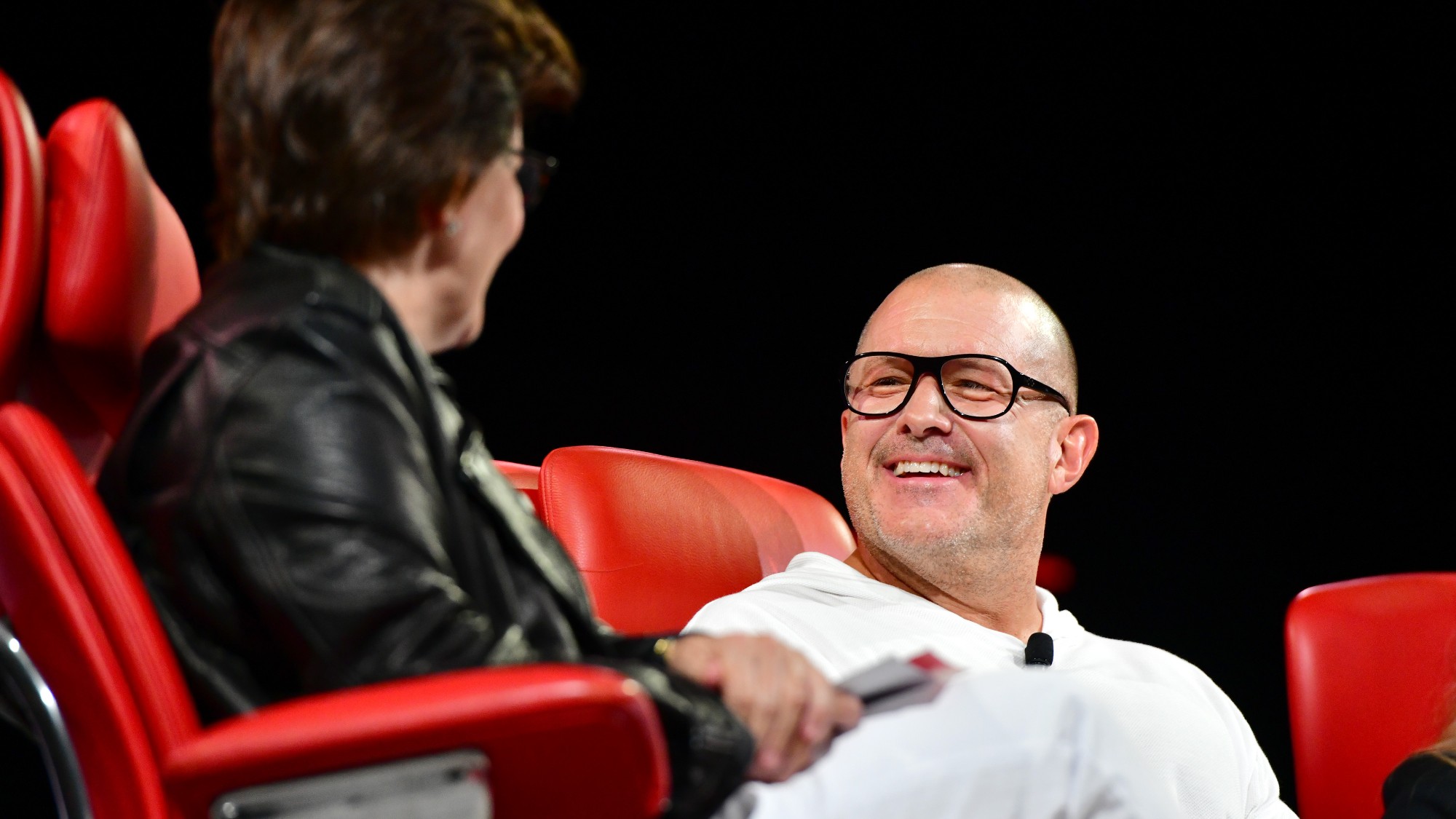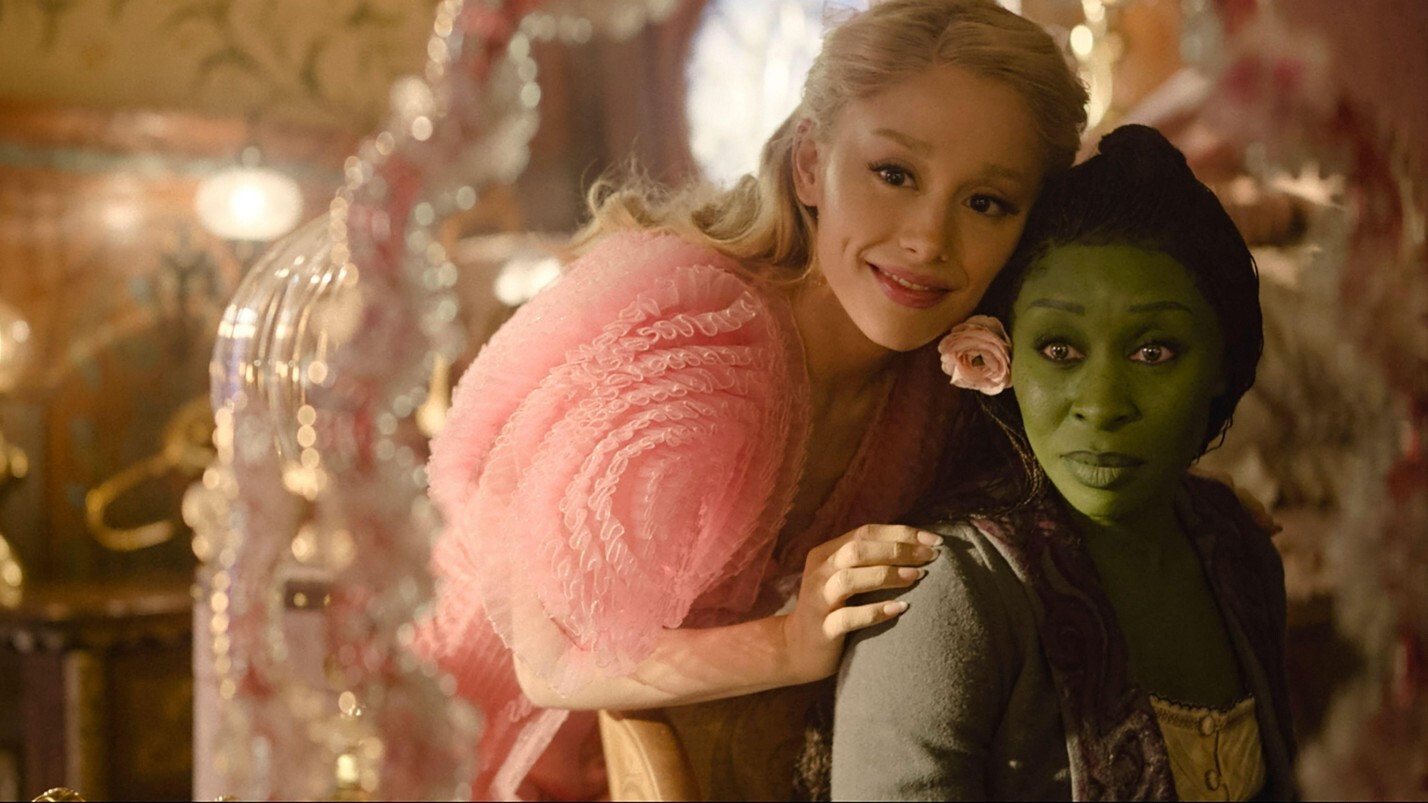Oasis reunion: can they pull off the masterplan?
Noel and Liam Gallagher have reunited for a 2025 tour after an acrimonious split in 2009

A free daily email with the biggest news stories of the day – and the best features from TheWeek.com
You are now subscribed
Your newsletter sign-up was successful
After 15 years of bitter hiatus, the Gallagher brothers will reunite in 2025 to take Oasis on tour in the UK and Ireland.
A cultural force in the 1990s and early 2000s, the Manchester band divided opinion as much as their popularity soared. But their early work was driven by its "evocation of a desire for escape" and a search for "something better", establishing them as the defining band of a generation, said Alexis Petridis in The Guardian.
Like their body of work and behaviour off stage, Oasis' reunion plans have quickly split opinion, with some arguing that what is suspected to be a financially motivated tour will not have the same resonance in today's Britain as it did even 20 years ago.
The Week
Escape your echo chamber. Get the facts behind the news, plus analysis from multiple perspectives.

Sign up for The Week's Free Newsletters
From our morning news briefing to a weekly Good News Newsletter, get the best of The Week delivered directly to your inbox.
From our morning news briefing to a weekly Good News Newsletter, get the best of The Week delivered directly to your inbox.
'Beautiful and terrible all at once'
From a performance perspective, the Oasis reunion could "go either way", said Petridis in The Guardian. Their live act has fluctuated wildly over the years, however the tour's "commercial success is obviously assured" given the numbers of "very faithful" Oasis fans who will turn out for the gigs.
Nevertheless, their ranks will also be "bolstered by an audience who couldn't remember Oasis first time around" with streaming figures indicating that their music has "cut through to younger listeners".
The reunion will be "beautiful and terrible all at once", said Brendan O'Neill at Spiked, not only for the music but because "Britain really needs a shot of Gallagher right now", he argued. The brothers will "dent" the current "culture of conformism" with Liam's "cultural commentary" and Noel's "social wisdom".
It would be easy to be "too cynical" about the reunion tour, said Ben Sixsmith at The Critic, but there is something "odd" about the culture of being "nostalgic about the 1990s". Oasis' "optimistic" and "aspirational" songs from their first two albums may sound a "bit hollow in 2025" and "some of the magic will have been lost" given the testing social and economic situation people are now living in. It is "difficult not to look back in anger if you're looking forward with so much consternation", Sixsmith added.
A free daily email with the biggest news stories of the day – and the best features from TheWeek.com
'Sky-high prices'
The band and its promoters have yet to reveal how much concert tickets will cost but, in the end, there was just "too much money on the table" for the Gallagher brothers to say no to reforming, said Dylan Jones in The Standard.
As long as both brothers "remained compos mentis" there was "always the possibility" of getting the band back together, and the band's promoters "kept putting moolah on the mahogany" until they got "their way". The tour will likely stretch globally later, which could "easily generate half a billion dollars before anyone has really started doing the maths", said Jones.
Audiences are expected to pay "presumably sky-high ticket prices" to see Oasis' "lumpen, meat 'n' potatoes rock", said Alexander Larman in The Spectator. Yet, those who see them as the "people's band" will turn out "in their hundreds of thousands", possibly "older, greyer and paunchier than they were in the band's heyday.
There is unlikely to be any new music to accompany the tour, with the band not needing to "justify the scale and expense" of the concerts with a new album, given that the "music industry has changed immeasurably in the past 15 years".
Instead, the Gallagher brothers will only need to put their "differences behind them" and get away with "simply playing the hits" to amass a fortune "too tempting to pass up".
Richard Windsor is a freelance writer for The Week Digital. He began his journalism career writing about politics and sport while studying at the University of Southampton. He then worked across various football publications before specialising in cycling for almost nine years, covering major races including the Tour de France and interviewing some of the sport’s top riders. He led Cycling Weekly’s digital platforms as editor for seven of those years, helping to transform the publication into the UK’s largest cycling website. He now works as a freelance writer, editor and consultant.
-
 The Olympic timekeepers keeping the Games on track
The Olympic timekeepers keeping the Games on trackUnder the Radar Swiss watchmaking giant Omega has been at the finish line of every Olympic Games for nearly 100 years
-
 Will increasing tensions with Iran boil over into war?
Will increasing tensions with Iran boil over into war?Today’s Big Question President Donald Trump has recently been threatening the country
-
 Corruption: The spy sheikh and the president
Corruption: The spy sheikh and the presidentFeature Trump is at the center of another scandal
-
 Is a social media ban for teens the answer?
Is a social media ban for teens the answer?Talking Point Australia is leading the charge in banning social media for people under 16 — but there is lingering doubt as to the efficacy of such laws
-
 Why are American conservatives clashing with Pope Leo?
Why are American conservatives clashing with Pope Leo?Talking Points Comments on immigration and abortion draw backlash
-
 Questions abound over the FAA’s management of Boeing
Questions abound over the FAA’s management of BoeingTalking Points Some have called the agency’s actions underwhelming
-
 'Immigrant' Superman film raises hackles on the right
'Immigrant' Superman film raises hackles on the rightTALKING POINT Director James Gunn's comments about the iconic superhero's origins and values have rankled conservatives who embrace the Trump administration's strict anti-immigrant agenda
-
 Disney is still shielding Americans from an episode of 'Bluey'
Disney is still shielding Americans from an episode of 'Bluey'Talking Points The US culture war collides with a lucrative children's show
-
 Jony Ive's iPhone design changed the world. Can he do it again with OpenAI?
Jony Ive's iPhone design changed the world. Can he do it again with OpenAI?Talking Points Ive is joining OpenAI, hoping to create another transformative piece of personal technology. Can lightning strike twice?
-
 Is method acting falling out of fashion?
Is method acting falling out of fashion?Talking Points The divisive technique has its detractors, though it has also wrought quite a few Oscar-winning performances
-
 Wicked fails to defy gravity
Wicked fails to defy gravityTalking Point Film version of hit stage musical weighed down by 'sense of self-importance'